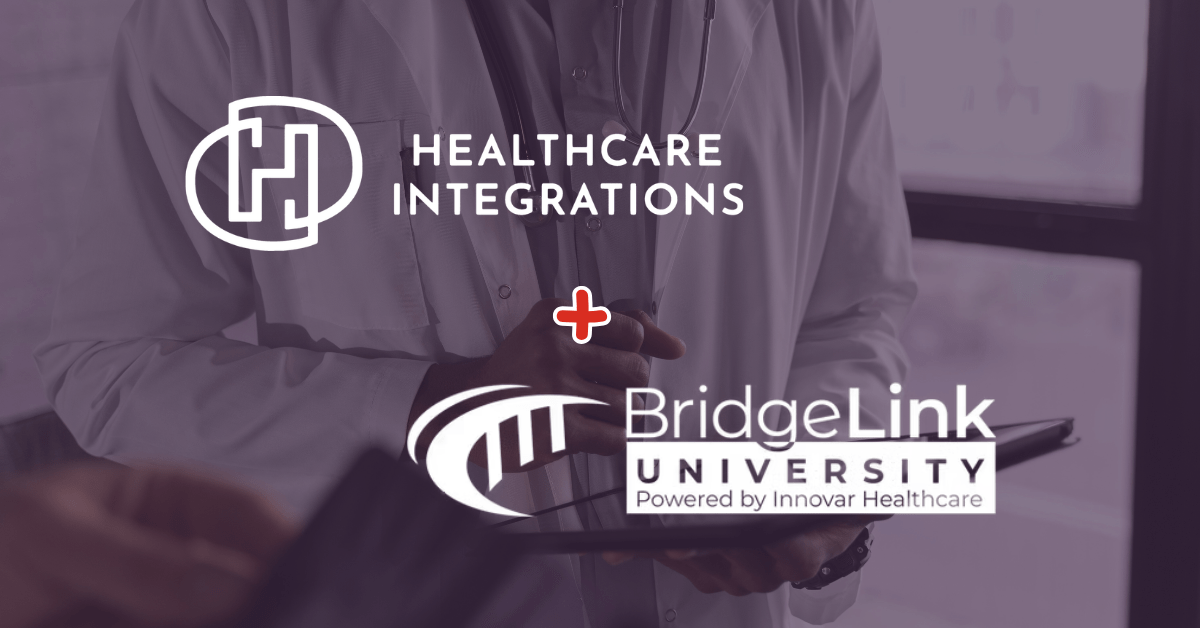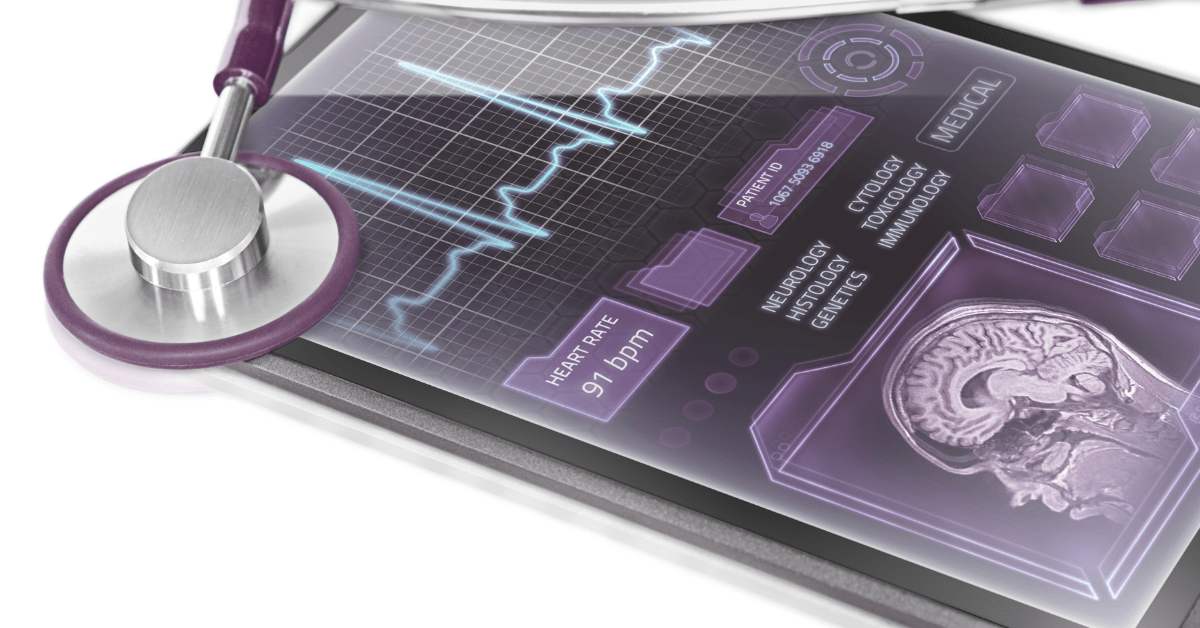Why interoperability matters more than ever
Interoperability has been a healthcare buzzword for years, but in 2025 it has moved from a long-term goal to an urgent necessity. Hospitals, laboratories, and health systems can no longer afford siloed data or limited connectivity. The ability to share patient information seamlessly is directly tied to compliance, patient safety, and financial stability.
The regulatory drivers in 2025
Recent regulations have placed interoperability at the center of healthcare IT strategy. The 21st Century Cures Act and the Trusted Exchange Framework and Common Agreement (TEFCA) push organizations to eliminate information blocking and expand patient access. In 2025, compliance with these rules is not just about avoiding penalties—it is about maintaining competitiveness and trust in the marketplace.
Challenges organizations face
Even with regulations in place, many providers struggle to achieve true interoperability. Common obstacles include outdated HL7 v2 interfaces, mismatched electronic health record (EHR) systems, and a lack of integration expertise. Laboratories often experience delays when results cannot move smoothly into clinical workflows. Revenue cycle teams may face rejections due to incomplete or inconsistent data. These problems translate into higher costs, compliance risks, and dissatisfied patients.
The role of standards and APIs
Healthcare IT teams are relying on both established and emerging standards to solve these problems. HL7 v2 still powers a large portion of clinical data exchange, while HL7 FHIR and API-driven workflows are expanding quickly. An API-first approach allows organizations to integrate new applications, such as patient portals and mobile health tools, without disrupting existing infrastructure.
How Healthcare Integrations can help
At Healthcare Integrations, we specialize in bridging the gap between legacy systems and modern standards. Whether an organization needs HL7 v2 interfaces upgraded, FHIR endpoints deployed, or custom APIs connected, our team provides expert guidance and technical support. By focusing on secure, scalable, and compliant solutions, we help healthcare organizations achieve interoperability without unnecessary downtime or risk.
Moving forward
Interoperability in 2025 is no longer a project for the future—it is a requirement for today. Organizations that take action now will not only meet compliance standards but also improve patient outcomes, streamline workflows, and strengthen partnerships across the healthcare ecosystem.
If your organization is planning its next step toward full interoperability, Healthcare Integrations is ready to help. Contact us to schedule a consultation and explore how we can make seamless data exchange a reality for you.





